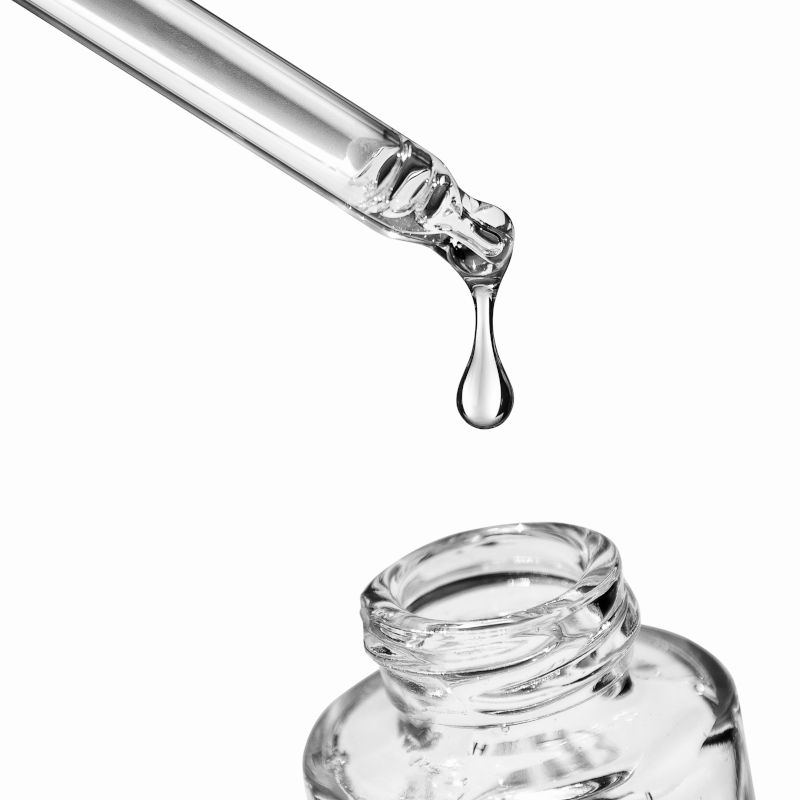Synthetic Nicotine: Non-Tobacco-Derived Nicotine

What is Non-tobacco-derived nicotine?
Unlike traditional nicotine which is extracted from tobacco plants, non-tobacco-derived nicotine is created in a lab and is referred to as synthetic nicotine. Most E-Liquid companies used the traditional form to create their flavors, but are now switching to synthetic for the purer taste and other reasons.
How is synthetic nicotine made and is it safe?
Different manufacturers have different processes, but the process is similar either way with the same result, nicotine. The process begins with a natural starter material and progresses to create a pure synthetic nicotine.
This form is considered purer because, without the presence of the tobacco plant, there are no chances for impurities from plant residue. It also offers a cleaner taste and is virtually flavorless and odorless. This allows for E-Liquid companies to create cleaner tasting flavors.
The only difference between traditional and lab made nicotine is the source, so there is no reason to believe that it's any less safe than traditional tobacco-derived nicotine.
If it’s not a tobacco product, do you still have to be of legal age to purchase it?
Yes. It may not contain tobacco, but it is still nicotine which is a stimulant drug. Nicotine is an addictive chemical, and you must be of legal vaping age to purchase nicotine products regardless of the source.
Why are E-Liquid manufacturers switching to synthetic nicotine?
Traditional nicotine derived from tobacco plants is less expensive to extract than the manufacturing process of synthetic nicotine. For this reason, the vast majority of the Vapor Industry has used the traditional form. However, now that the FDA has blanket denied all PMTA applications, aside from R.J. Reynolds Tobacco Company’s VUSE products, most E-Liquid manufacturers are switching to synthetic as a means of legally staying on the market.
What is a PMTA?
The Pre-Market Tobacco Application (PMTA) is an application that was mandated by the Food and Drug Administration (FDA) for all E-Liquid manufacturers. Before a “new” tobacco product could legally be marketed in the United States, a PMTA was required to be submitted and approved by the agency. Even though hundreds of thousands of E-Liquid companies have already had their products on the market for nearly a decade, a PMTA was required. The application wasn't as simple as checking boxes and filling out forms. It required heavy amounts of research and was required for every nicotine strength per flavor.
Submitting the application was just the first step. Applications were to be reviewed then approved by the FDA by September 2021, one year after the submission deadline. After approval, the cost of the process was in the hundreds of thousands of dollars. Every step along the way, thousands of E-Liquid companies either could not afford to keep going or threw in the towel and closed their doors.
How the FDA handled the application process
The FDA received 6.5 million PMTAs from E-Liquid companies compared to the average 25 applications they receive on an annual basis. Despite the Vapor Industry’s complete cooperation with every requirement for the PMTA, the FDA blanket denied all applications aside from VUSE which, as we mentioned, is owned by the tobacco company that manufactures Camel cigarettes.
After repeatedly explaining that manufacturers did not need to include long-term scientific evidence in the PMTAs, the FDA changed their mind in a “surprise switcheroo” at the last minute and required the very thing they said was not necessary, resulting in a blanket denial of all applications. That’s why E-Liquid manufacturers are turning their products into tobacco-free products; to avoid being overly and unjustly regulated by the FDA Center for Tobacco Products.
The fight continues
The attacks keep rolling in and the fight continues as more agencies work to slam this synthetic nicotine loophole shut. At Max and Zach’s, we’ve reached out to our Texas representatives seeking help in turning the FDA’s ruling around. Seeing how the agency’s tactics for the PMTA process were unjust and were overturned for one company by a panel of judges from the the 5th Circuit Court of Appeals, it should be the responsibility of the agency to overturn their own ruling and fairly review the applications based on the parameters they originally mandated.
With the help of our customers, we’ve sent 80 letters regarding the issue to 7 Texas representatives at the beginning of January. We have yet to hear back.
What to expect pricewise with synthetic nicotine
As mentioned earlier, the process for creating synthetic nicotine is more expensive than the traditional method of extracting from tobacco plants. This factor, on top of the rising costs of materials worldwide, can result in a price increase across the board for vapor products.
At Max and Zach’s, we’ve adjusted our reward program to keep these life-saving products affordable. We’ve introduced regular Daily Deals, Seasonal Specials, and other promotions in store to keep vaping from being a financial burden so that you can continue to work toward your goals and stay smoke-free for a reasonable price.
We hope that you’ll continue to support your local Vapor Shops and participate in any calls to action that will help keep vaping accessible and affordable. We appreciate you answering the call every time we’ve asked for help and are so grateful for your continued support.

